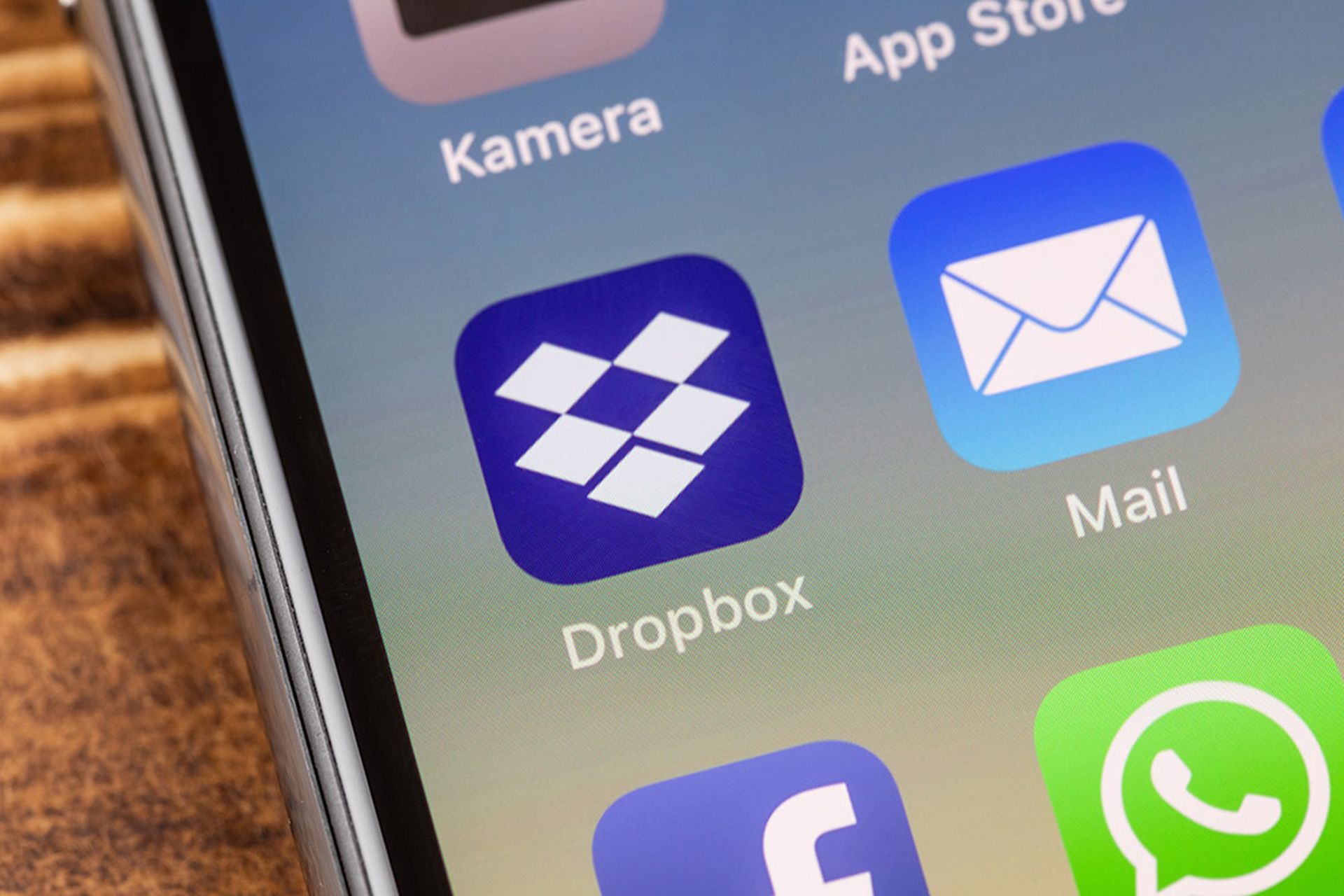Facebook has removed dozens of accounts, pages and groups that had thousands of followers that were created by Iranians in the hope of swaying public opinion during the 2018 election cycle.
The social media giant said on May 28 it had removed 51 accounts, 36 pages and seven groups from Facebook, along with three Instagram accounts that were involved in coordinated inauthentic behavior, which is Facebook-speak for groups of pages or people using the site working together to mislead others about who they are and what they are doing, according to Nathaniel Gleicher, Facebook’s head of cybersecurity policy.
About 21,000 accounts followed one or more of the pages, about 1,900 accounts joined one or more of the groups and 2,600 people followed one or more of these Instagram accounts.
“They purported to be located in the US and Europe, used fake accounts to run Pages and Groups, and impersonated legitimate news organizations in the Middle East. The individuals behind this activity also represented themselves as journalists or other personas and tried to contact policymakers, reporters, academics, Iranian dissidents and other public figures,” Gleicher wrote this week.
Facebook gave a hat tip to FireEye for its work in digging into these fraudulent accounts. The security company first disclosed these issues in 2018, but recently saw a new crop of influence peddling sites pop up. FireEye assessed only with “low confidence” that the campaign was organized in support of Iranian interests.
“In addition to utilizing fake American personas that espoused both progressive and conservative political stances, some accounts impersonated real American individuals, including a handful of Republican political candidates that ran for House of Representatives seats in 2018,” FireEye wrote.
FireEye at this time does not see a connection between this most recent activity and what was spotted last year, but noted the accounts were promoting material similar to what was being posted in 2018.
Iran is not the only nation causing problems for Facebook. Rep. Nancy Pelosi, D-Calif., on May 29 expressed her displeasure with the company for allowing video of her that was edited to make her appear drunk to remain on its site, according to KQED News. Pelosi said the fact that Facebook knows the videos in question are fake and has not removed them from the far right Facebook accounts brings into question whether or not Facebook was manipulated, as it contends, when it comes to Russian influence in the 2016 election.



